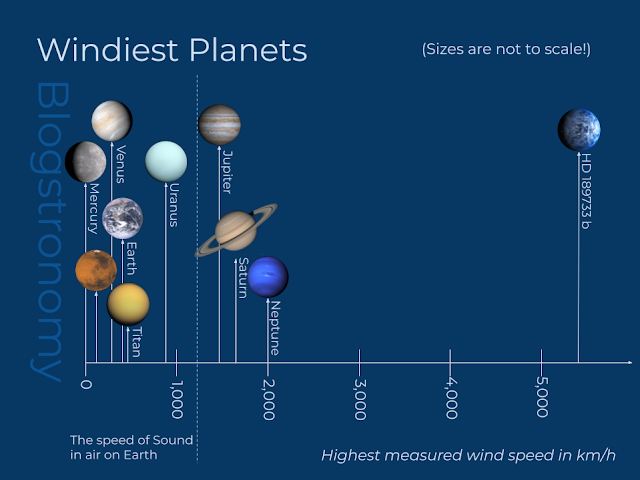What Relevance Does New Year's Day Have in Astronomy?
None whatsoever.
New Year's Day represents an arbitrary point in Earth's orbit around the Sun. There's nothing special about it at all.
If we wanted to choose a date with astronomical significance to use as our new year, then we might look at the closest Earth gets to the Sun (perihelion) or the furthest away the Earth manages to get (aphelion). These occur in early January (something like the 4th or 5th, usually) and early July respectively.
In fact, today (January 1st) is only New Year's Day if you happen to be a follower of the modern Gregorian calendar, or ancient Rome's Julian calendar (which, admittedly, is most people on this planet). There are other cultures that use different calendars with different arbitrary starting points for a new year. Arguably the most famous of these is the Chinese calendar, which falls somewhere between January 20th and February 20th, but many other cultures, including the Tamils, Thailand and Hindus (mid-April), and Ethiopia (September) have different starts to their year.
So, whichever religious, cultural or geographic background you hail from, happy January 1st from Blogstronomy!
New Year's Day represents an arbitrary point in Earth's orbit around the Sun. There's nothing special about it at all.
If we wanted to choose a date with astronomical significance to use as our new year, then we might look at the closest Earth gets to the Sun (perihelion) or the furthest away the Earth manages to get (aphelion). These occur in early January (something like the 4th or 5th, usually) and early July respectively.
In fact, today (January 1st) is only New Year's Day if you happen to be a follower of the modern Gregorian calendar, or ancient Rome's Julian calendar (which, admittedly, is most people on this planet). There are other cultures that use different calendars with different arbitrary starting points for a new year. Arguably the most famous of these is the Chinese calendar, which falls somewhere between January 20th and February 20th, but many other cultures, including the Tamils, Thailand and Hindus (mid-April), and Ethiopia (September) have different starts to their year.
So, whichever religious, cultural or geographic background you hail from, happy January 1st from Blogstronomy!



Comments
Post a Comment